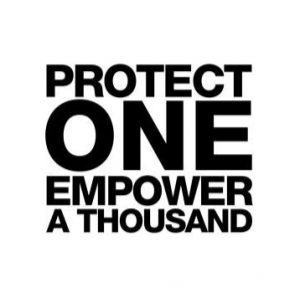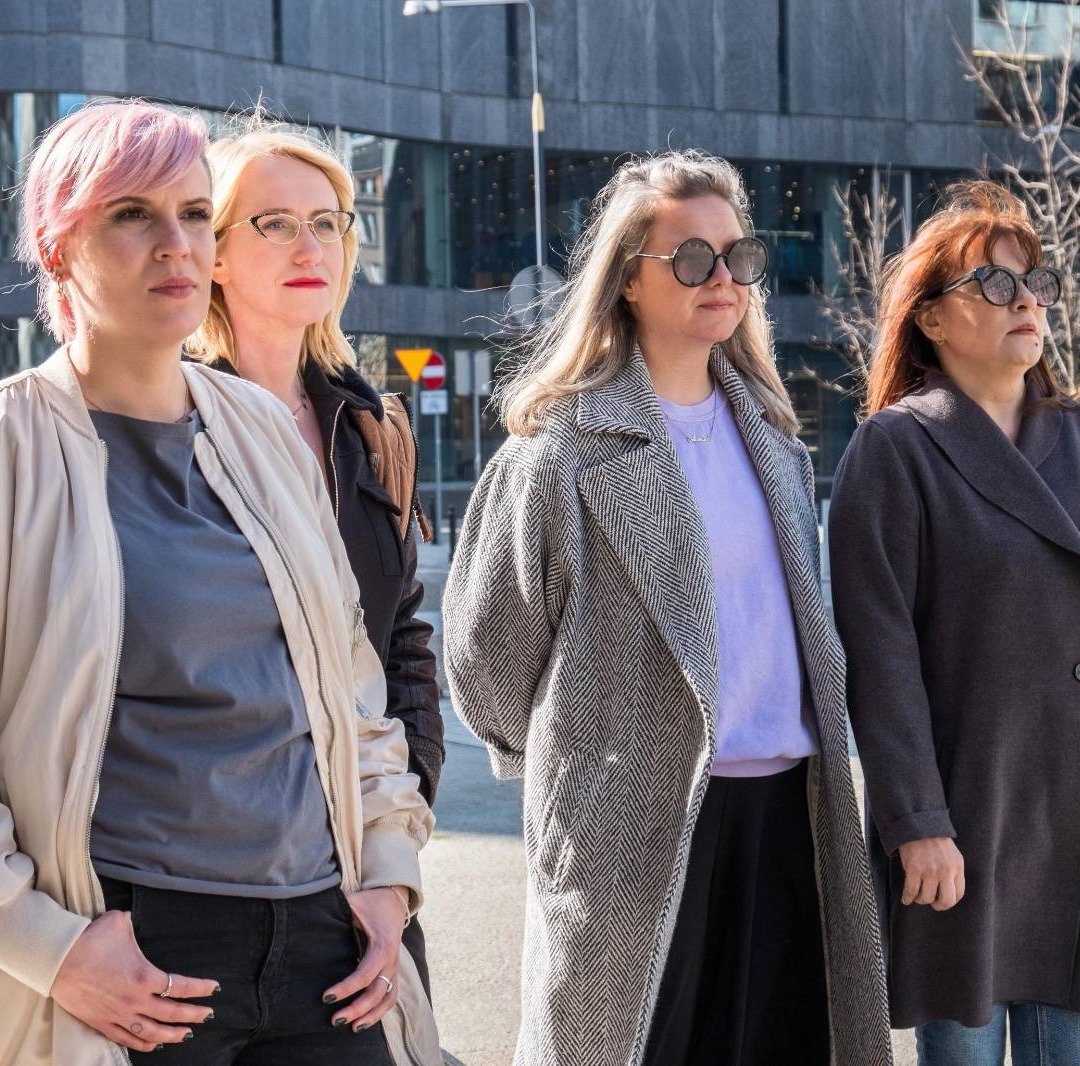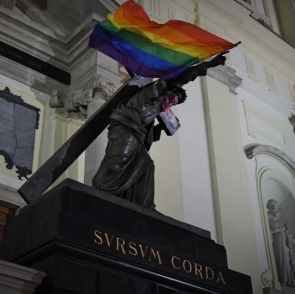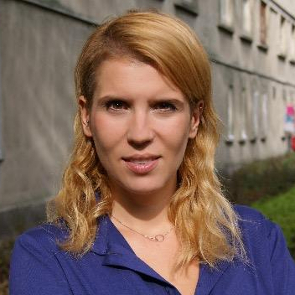#Poland
#Poland
Human rights defenders (HRDs) in Poland work for the protection and promotion of variety specific issues of political, civil, economic, social and cultural rights. However, the most problematic issues are the following: police misconduct, corruption, inefficiency and lack of the independence of the judiciary, laws that restrict freedom of speech and assembly, violations of workers' rights, discrimination against women, societal discrimination and violence against ethnic minorities, gays, lesbians, transgender, and intersex (LGBTI).
Although Poland is one of the 127 UN member states who voted for the adoption of the resolution on the protection of the HRDs during the 70th UN General Assembly, the state’s constitutional guarantees for respect of international human rights law, as well as the conditions for work of HRDs have been significantly threatened with the introduction of several restrictive legislative changes since Autumn 2015. Some of the changes, such as the law on assemblies amended in December 2016, as well as the centralisation of state funding for non-governmental organisations, directly affect the work of HRDs. Under the amended legislation, the government is entitled to abuse the right to freedom of assembly and speech, and deprive state funding from human rights organisations critical of the state’s compliance with the international human rights law and democratic principles.
Meanwhile, the conditions for HRDs working with issues related to women and labor rights, discrimination and violence against ethnic minorities and LGBTI persons became especially highly unfavourable. For instance, in May 2016, the government abolished the state council for combating racism despite recorded increase in the number of cases of discrimination and hate crimes. In the same year, the government stopped funding Poland's women's rights centre which specialises on support for victims of domestic abuse.








